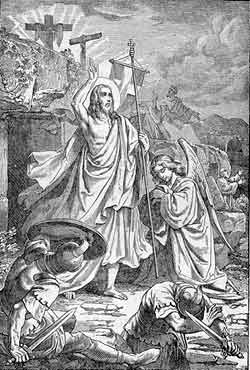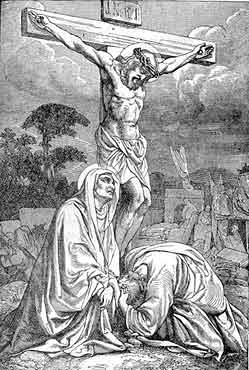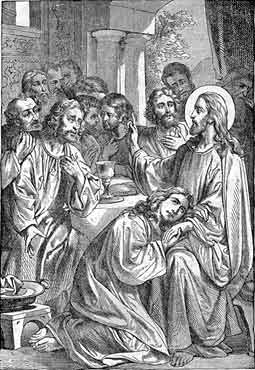
From the description on the website:
Gregorian chant has long transmitted the mystery and majesty of the Catholic liturgical tradition. Newly republished, the Kyriale Romanum of 1961, preserves between its covers an invaluable patrimony of ancient and medieval chants for the Ordinary of the Mass. It collects from the Graduale the most frequently-used chant settings throughout the liturgical year, with eighteen mass settings, six credos, and numerous settings for feasts and holy days, including the solemn procession on the feast of Corpus Christi. As Catholics are becoming increasingly aware of and interested in their liturgical heritage, this beautiful and affordably-priced volume is of great value to choir directors, choristers, and laypeople who wish to participate fully in the venerable liturgical tradition of the Roman Rite.
Available in both
hardcover (US$28) and
softcover (US$18) editions, the hardcover edition is excellent for long term use in choirs, scholas, and as a supplement to the parish hymnal which more often than not contains only the common mass settings (i.e. I, II, VIII, IX, XI, XVII, or worse......only VIII)
Updated: There is a free downloadable PDF edition available
here as well (courtesy of
Una Voce Germany and
CMAA).
Updated again: Another Kyriale available in free downloadable PDF edition
here which is an extract of the 1961 Graduale with navigation links and Solesmes-style rhythmic markings.
 For April 8, 2007 which is the Resurrection of OLJC, we are going to sing:
For April 8, 2007 which is the Resurrection of OLJC, we are going to sing:


